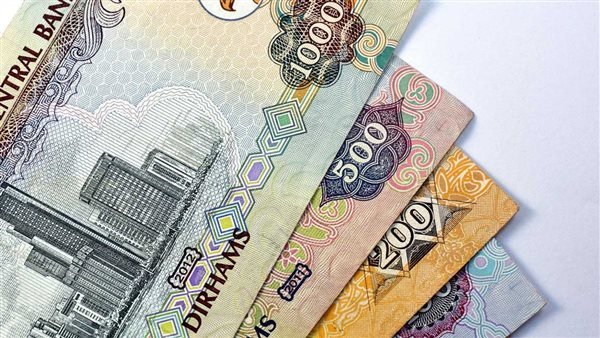
High inflation in Britain has not been defeated and is likely to exceed the Bank of England’s expectations in the medium term, Bank of England interest rate official Catherine Mann said on Wednesday.
Mann cast her only vote against lowering borrowing costs at the Bank of England’s Monetary Policy Committee meeting last week, which decided by eight votes to one to cut the interest rate to 4.75% from 5%. She also opposed cutting interest rates in August.
“We have an upward bias for inflation…which tends to enable inflation to become entrenched and in this environment it is important to keep (interest rates) in place for a longer period,” Mann said at a conference hosted by BNP Paribas.
“When I get evidence of elimination or moderation of persistent inflation — enough moderation for inflation to persist — I will move one step further,” she said.
Last week, the Bank of England revised its inflation forecasts upward due to a rise in the minimum wage and short-term fiscal stimulus in the new Labor government’s first Budget.
The Bank of England expects inflation to rise from 1.7% in September to 2.5% by the end of the year and not return to its 2% target until mid-2027, a year later than previously thought.
Financial markets expect the Bank of England to cut interest rates just twice next year, compared to at least five quarter-point cuts they expect for the European Central Bank as the euro zone economy slows.
Mann said service price inflation in Britain remained “fairly flat”, although there were some early signs that hospitality companies were finding it difficult to pay higher prices or pay higher wages.
She said energy prices are more likely to rise than fall over the coming years, increasing the overall risk of higher inflation.
“There is some possibility of downward pressure on inflation coming from export prices coming out of China, for example. But against that… there is one piece of news that is bearish, and the rest of the news is bullish and likely to be more volatile in the future.” In the medium term,” said Mann.
Analysts said that US President-elect Donald Trump’s threat to impose high US customs duties on imports from China may lead to more Chinese goods heading to Europe at reduced prices.



